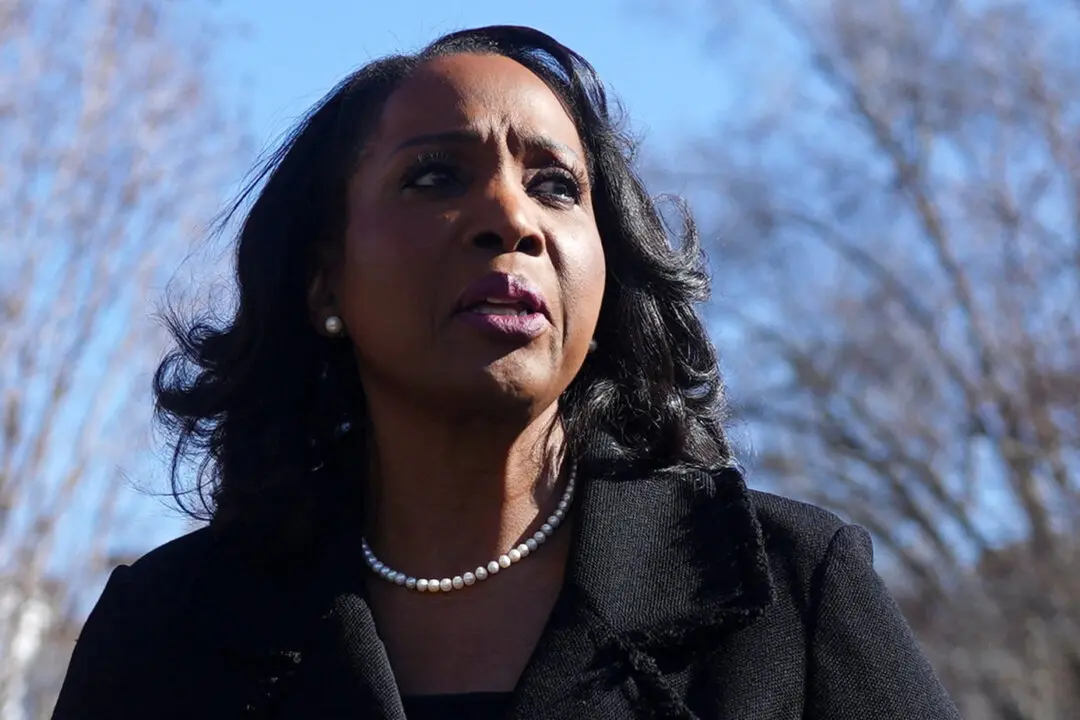Members of Congress are wrestling with how to legislate after the Supreme Court overruled the decades-old Chevron-deference doctrine, a move experts say will force lawmakers to delve further into the finer details of particular policy areas.
Some Democrats have sought to avoid this scenario by codifying Chevron deference, which required courts to defer to agencies’ reasonable interpretations of ambiguous statutes. The Stop Corporate Capture Act, proposed by Sen. Elizabeth Warren (D-Mass) and other leading Democrats, purports to do that while providing a host of other regulatory reforms.





